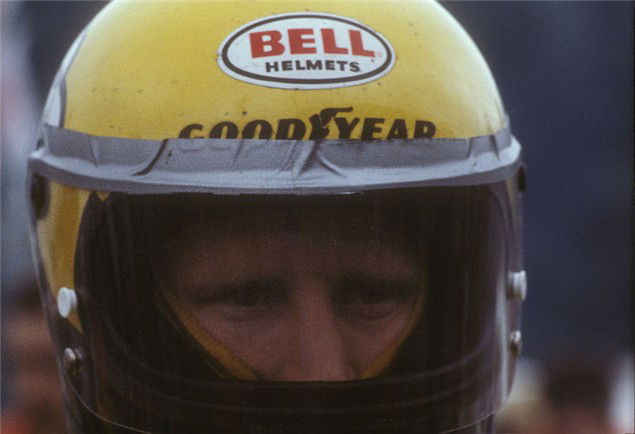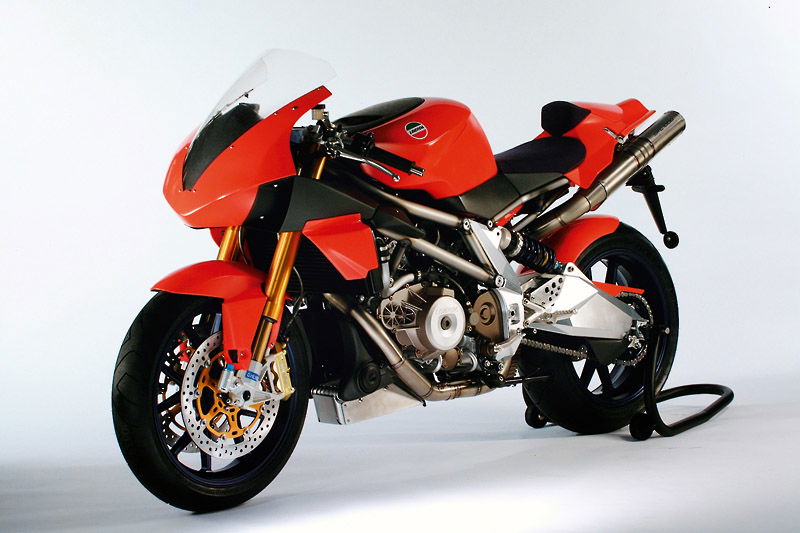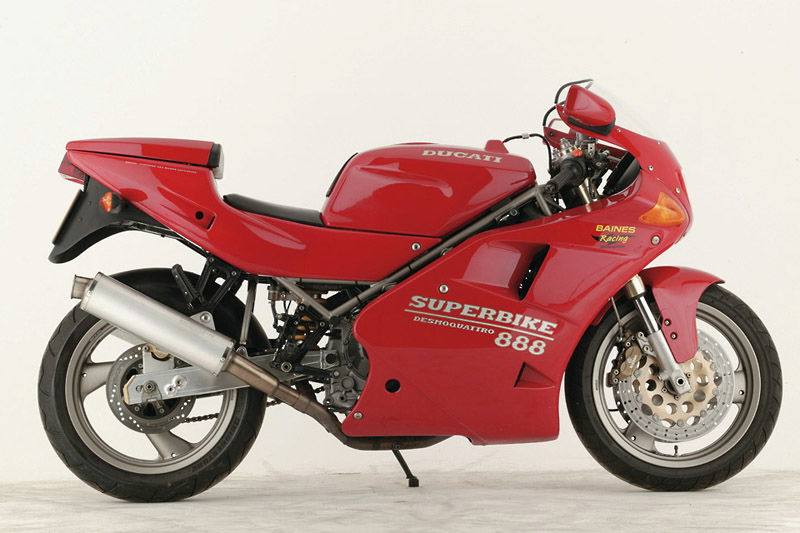The tactics of mind games
The ways of the mind game and the racers that take the mental edge over of their competitors


Five times 500cc world champion Mick Doohan once said that racing was "20 per cent physical and 80 per cent mental." Most top flight riders of today (some of whom remember what it was like to struggle around in Mick's wake) would agree with him. So why waste time and effort sweating it out down the gym when you can achieve that race-winning edge simply by screwing with your rivals' heads - or adjusting your own mindset to believe you simply can't be beaten?
In top level motorcycle racing, the leading riders are so closely matched that the most minute advantage can mean the difference between winning and losing. That advantage can come from the team, the bike or the rider's fitness level, but the biggest gains are to be found in the mind. Racing is all about confidence, and if you can find any way to have more of it and, even better, to ensure your rivals have less, then you have a better chance of winning.
There are so many ways to out-psych fellow competitors in any sport, and bike racing is no exception. From putting your arch-enemy down in the press to misleading your team-mate with false information, anything goes in the quest to gain an advantage.
While teams spend millions on shaving ounces off their bikes and finding fractions more horsepower, their riders are busy doing development work of their own - developing psychological advantages over the men they have to beat, and going to work on undermining their rivals' confidence.
Different riders have different preferences in how they mentally deal with their opponents and many use varying tactics depending on the situation. But most can be categorised into specific types. From the shrewd manipulator of the press to the rider who physically bullies his rivals, here are some prime examples of the psycho warriors we call bike racers.

